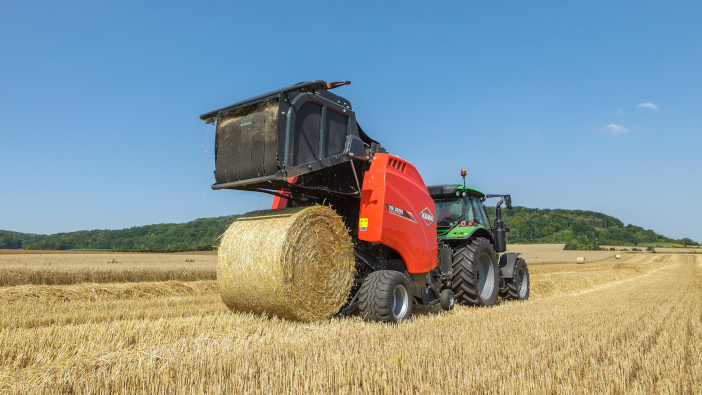High demand and increased prices for straw have led to many growers choosing to bale, rather than chop, this harvest. However, Origin Fertilisers is warning that this could lead to potential nutrient deficiencies and advises farmers to rectify these before drilling.
Prices reached almost £100/t in July, according to the British Hay and Straw Merchants Association, with strong demand also seen in Ireland.
Responding to potential nutrient shortages, Toby Ward says that growers will be wary about later drilling this season and should be focused on getting crops off to the strongest start possible.
“Reduced cropping areas and short straw heights have both contributed to the straw shortage this year. The additional income will have been welcome, but the nutrients removed by baling, reduced soil organic matter, and any potential compaction, will need to be addressed before drilling. This is likely to be earlier than in some years to ensure crops are well established before the winter and avoid a repeat of last year’s drilling campaign.”
Nutrients such as phosphate and potash are essential to early plant development and protein formation. Incorporating straw maintains these nutrients, with plants needing a reliable and available source of phosphate especially to promote root development.
“Growers that have baled straw should be considering applications around drilling to ensure levels are replenished and crops get off to the best start. Soil sampling will highlight any deficiencies, and balanced nutrition plans can be drawn up to account for any nutrients lost through baling. OEP applied at drilling will improve depleted levels and allow crops access to this essential nutrient to support establishment,” concludes Toby.
For more information go to www.originfertilisers.co.uk


